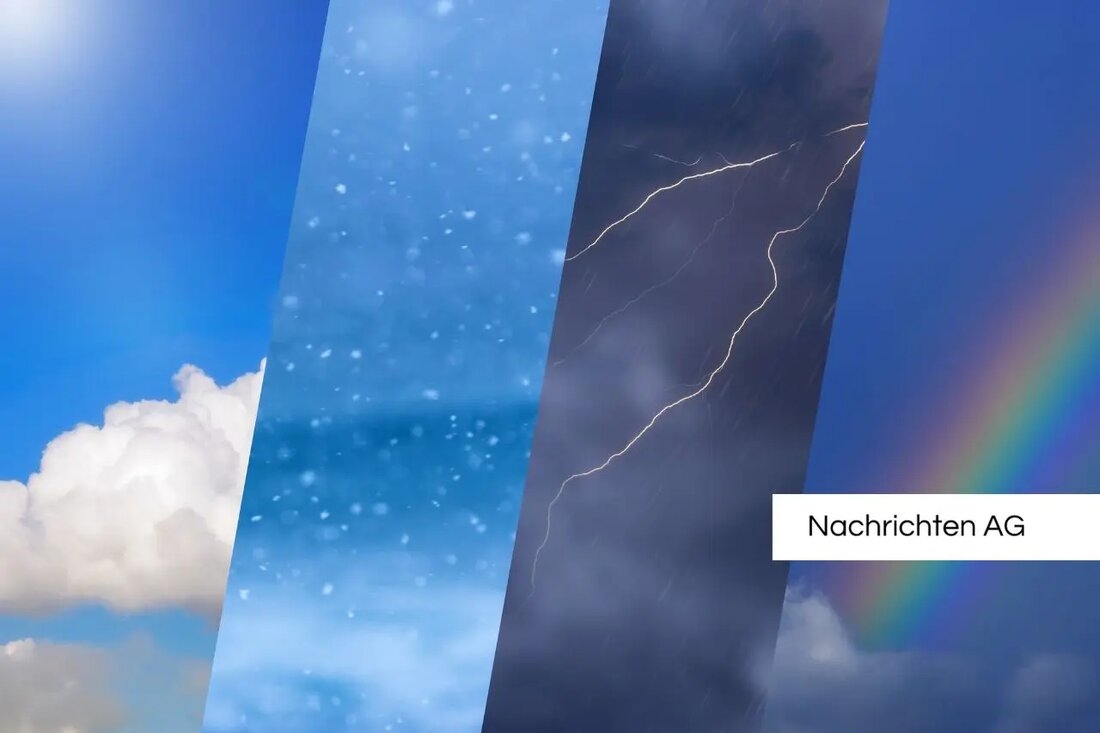Spring brings pollen alarm: Allergy sufferers in NRW must now be careful!
Spring brings pollen alarm: Allergy sufferers in NRW must now be careful!
Spring in North Rhine-Westphalia (NRW) not only brings sunshine for many citizens, but also challenges, especially for allergy sufferers. The German Weather Service (DWD) urgently warns of an increased pollen concentration in the air. The pollen from Birch and Esche are particularly affected, the stress of which has risen sharply in the past few days.
Current measurements of April 13, 2025 show that the pollen concentrations in NRW are classified as "funds", while in many other parts of Germany they are already considered "high". Sunny, low -precipitation and windy days that promote the spread of pollen are particularly stressful. This is further exacerbated by the persistent dry periods. The DWD offers a daily updated "pollen flight danger index", which predicts the flights of the eight most relevant pollen species: hazel, alder, ash, birch, sweet grass, rye, mugwort and ambrosia to inform and warn citizens in good time reports Ruhr24
allergic reactions and symptoms
pollen are common triggers of allergic respiratory diseases, the symptoms of which can vary from person to person. Typical signs are watery and itchy eyes, sneezing, runny nose and in severe cases even asthma. The intensity of the symptoms is closely connected to the number of pollen in the air. In addition, with allergy sufferers, cross reactions can also occur on botanically related pollen species and food intolerances explains the DWD .
Another problem is the air pollution that can increase the allergic effect of the pollen. Especially in urban areas, the allergen content in Pollen is often higher, which results in additional complaints for those affected. In North Rhine -Westphalia, pollen is largely not widespread; Only in the south and east of the country is the burden classified as low.
recommendations for allergy sufferers
For allergy sufferers in NRW, there are some important recommendations to relieve the symptoms. This includes restricting the outdoor stay on days with a high pollen concentration. The highest values are usually measured in the early morning and in the evening. More tips are:
- keep the window closed in the apartment and observe optimal ventilation times.
- Street clothing do not bring into the bedroom and wash your hair in the evening.
- Regular change of bed linen.
- do without drying drying outdoors. Keep
- in the car window closed and replace the microfilter regularly.
- sporting activities outdoors: in urban areas before 8 a.m., in rural regions after 6 p.m.
- travel to low -arm regions during the high phase of the pollen season.
In the case of strong allergic reactions, a doctor visit is also recommended to receive suitable medication. The extended pollen season, which is caused by climate change, will lead to an even longer stress period for allergy sufferers in the future and can tighten the symptoms. Constantly increasing temperatures and changed precipitation patterns help to increase pollen on general health shows the CDC .
| Details | |
|---|---|
| Quellen | |


Kommentare (0)